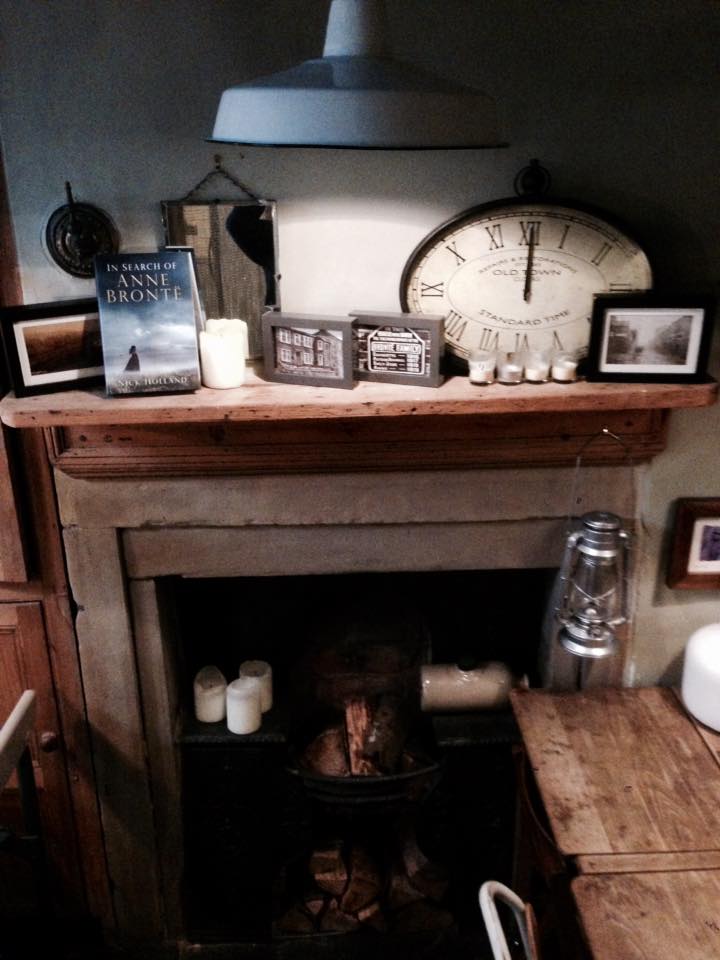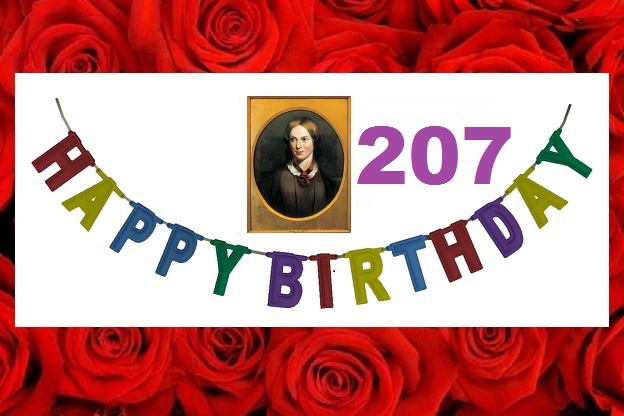We never know what tomorrow will bring, as the Brontë family story shows only too clearly. That’s why it’s important to celebrate the joyous moments in life. We did that last week by looking at the engagement of Charlotte Brontë and Arthur Bell Nicholls (whilst carefully avoiding what came next), and we’re continuing the happy theme today for in today’s Brontë blog post we’re celebrating not one, not two, but three Brontë related birthdays!
We’ll take a brief look at the birthdays themselves and then at what people who knew them had to say about the birthday girl in question. Let’s start in date order, for this week marked the 206th birthday of Ellen Nussey, who was born in Birstall in the West Riding of Yorkshire on 20th April 1817.
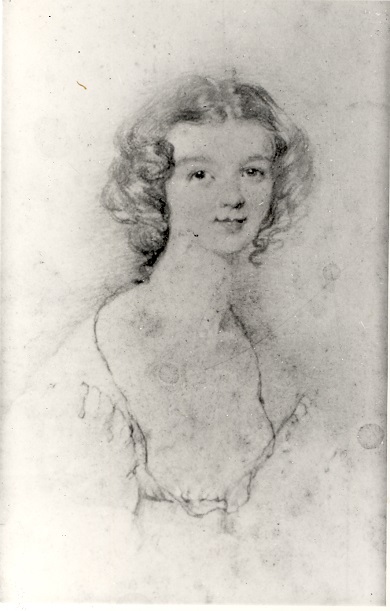
Ellen first met Charlotte Brontë, as we shall see almost exactly a year her senior, at Margaret Wooler’s school at Roe Head, Mirfield. Ellen later gave an account of that first meeting with the person who would play such a central role in her life:
‘I had come to the conclusion that it was very nice and comfortable for a school-room, though I had little knowledge of school-rooms in general, when, turning to the window to observe the look-out I became aware for the first that I was not alone; there was a silent, weeping, dark little figure in the large bay window; she must, I thought, have risen from the floor. As soon as I had recovered from my surprise, I went from the far end of the room, where the book-shelves were, the contents of which I must have contemplated with a little awe in anticipation of coming studies. A crimson cloth covered the long table down the centre of the room, which helped, no doubt, to hide the shrinking little figure from my view. I was touched and troubled at once to see her so sad and tearful.
I said shrinking, because her attitude, when I saw her, was that of one who wished to hide both herself and her grief. She did not shrink, however, when spoken to, but in very few words confessed she was “home-sick”. After a little of such comfort as could be offered, it was suggested to her that there was a possibility of her too having to comfort the speaker by and by for the same cause. A faint quivering smile lighted her face; the tear-drops fell; we silently took each other’s hands, and at once we felt that genuine sympathy which always consoles, even though it be unexpressed. We did not talk or stir till we heard the approaching footsteps of other pupils coming in from their play.’
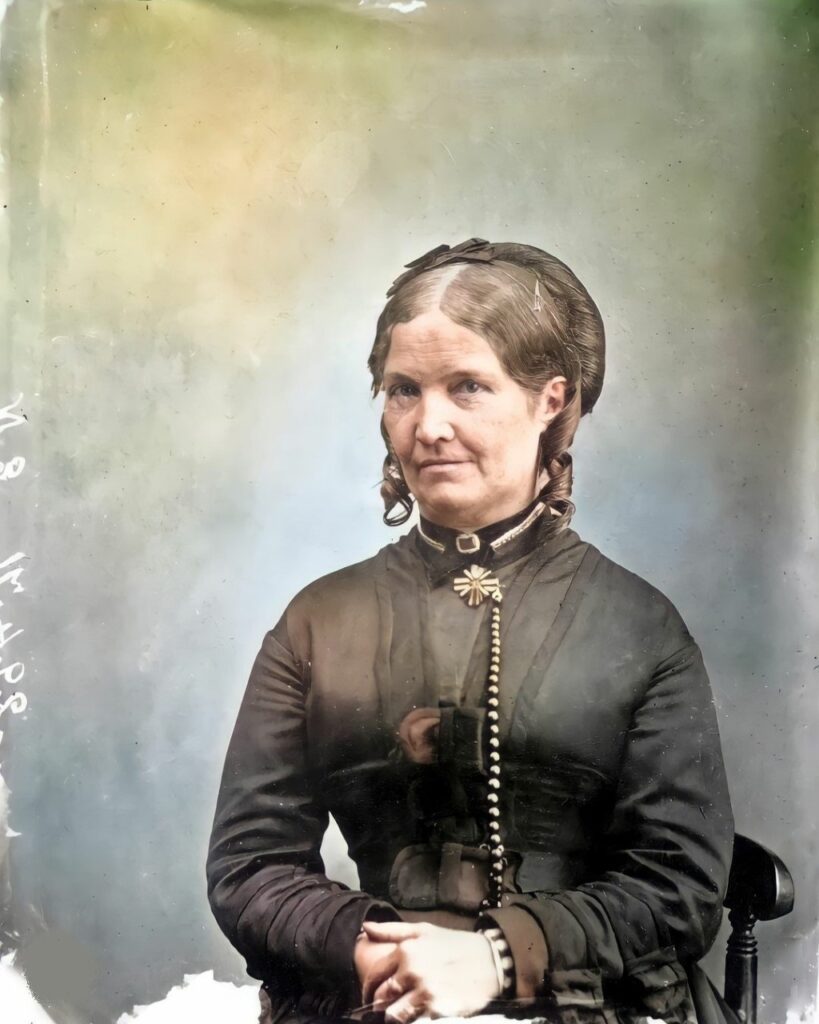
This was the first meeting of Ellen Nussey and Charlotte Brontë, and it was certainly not their last. Charlotte Brontë later gave her own recollection of how their friendship grew, and of Ellen herself:
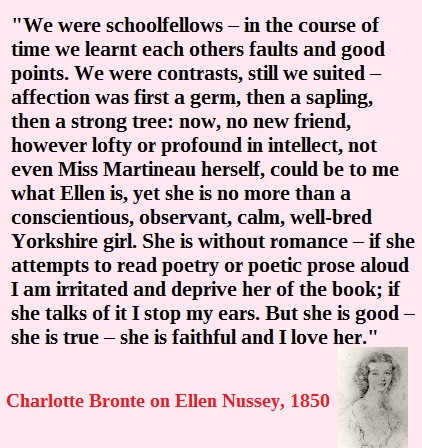
Ellen was a loyal and loving friend to the very last, which of course came all too soon after Charlotte’s untimely death in 1855. Ellen lived for another 42 years after the loss of her great friend, but she dedicated her life to telling people the Brontë story. It is thanks to the many hundreds of letters of Charlotte’s that Ellen kept, and to her collaborations with Elizabeth Gaskell and others on early Brontë biographies, that we know so much about the Brontës today.
In later years, Brontë fans often visited Ellen at her homes in Birstall and Gomersal and they frequently went away with a Brontë memento or artefact. Alas, in old age she was the victim of literary confidence tricksters who ‘borrowed’ many of her precious letters before selling them to the highest bidders overseas – which is how many (but not all) of the Brontë letters now in collections in the United States and elsewhere came to get there. It is against this backdrop that we get a final glimpse of Ellen, from a woman who visited her shortly before her passing aged 89:
‘Like thousands of your readers, I read with much regret the news of the death of the venerable Miss Nussey, so intimately associated with the Brontë family. Miss Nussey has been waited upon by many persons for literary purposes, but I believe an interview I had with her during the autumn just passed was the last she was able to grant. It was in a state of great nervousness that I found myself at the inner door of Moor Lane House, Gomersal. With my heart in my mouth I saw Miss Nussey come forward to the door. All nervousness, however, vanished under the charming manners of this gracious old lady. Taking me into the drawing-room, I noticed she wore an old-fashioned brown silk dress and a rather modish cap of black, and white silk over her thick white hair. A noticeable feature was her bright eyes when she removed her spectacles. One of the first questions Miss Nussey asked was, ‘What religion are you?’ ‘Church of England, and from a long line of Church-people,’ I replied. My answer gratified her, and I soon found that she was an ardent, nay a passionate Church-woman.
One of the chief objects of my visit was to obtain her opinion on a portion of a letter said to be written by Charlotte Brontë to a correspondent unknown to me and all others to whom the document had been shown. What I had with me was a photograph. Upon inspecting it she said, ‘Undoubtedly the original is Charlotte’s handwriting.’ She soon decided to whom the letter had been addressed – Miss Leah Brooke, of Aldams House, Dewsbury, a former schoolfellow. Miss Nussey gave some interesting particulars about the then girl and her relatives. This led to a chat about Charlotte’s god-parents,the Rev. Thomas Atkinson and his wife, he the successor of Charlotte’s father in the vicarage of Hartshead. In Charlotte’s childhood she was a frequent visitor at their home. There was no vicarage house at Hartshead in those days, and the pair, who loved Charlotte dearly, bore the expense of her education at Roe Head…
Speaking of the Rev. P. Brontë, Miss Nussey said he was very fond of horses and dogs, but not to the extent his girls were; also that in his later years he became somewhat boastful of his conquests with ladies, a failing which much annoyed Charlotte, and which she always tried to check. He was a high-spirited man, full of courage.
In connection with her correspondence with Charlotte, Miss Nussey said she had often been badly treated, and I quite agreed with her when she informed me of the circumstances. This led me to tell her I had heard something of the kind before, and that I had felt diffident about seeking an interview, but that at last I had yielded, the suggestion being that I should ‘beard the lioness in her den.’ She laughed heartily, and exclaimed, ‘That’s exactly what I am, a lioness. I have to be, because of the way I have been treated.’ To me she was all kindness, and the interview throughout seemed to be mutually satisfactory. We parted, but she called me again to the house door, and then with a nervous air said, ‘Remember! All who have anything to do with the Brontës have had great trouble.’
I parted from the venerable lady with much admiration for her mental powers and great manners.”’
By the way, I recently heard from a chap who opined that Ellen Nussey was a very disloyal woman because she had refused to burn Charlotte’s letters, as instructed to by her widower Arthur Bell Nicholls. Suffice it to say I couldn’t disagree more. Happy birthday Ellen Nussey!
We will next come to a woman who celebrated her 195th birthday yesterday: Martha Brown, who was born on 22nd April 1828.
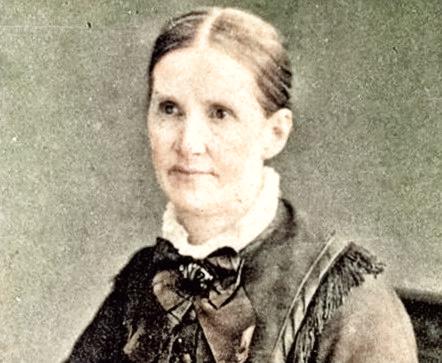
Martha was another woman in the Brontë story who could be relied upon for loyalty. She was the daughter of John Brown, the Haworth sexton who lived next door to the Brontë parsonage, and who became a close friend of Branwell Brontë.
Martha entered the parsonage as a servant aged 12 and remained there for over twenty years, until the passing of the last Brontë, the family patriarch Patrick. Her connection with the Brontë story didn’t end there, as she then moved to Banagher, Ireland to live with Charlotte’s widower Arthur Bell Nicholls and his second wife Mary. Arthur never got over the death of his first wife, his beloved Charlotte, and turned his Irish home into a shrine to the Brontë family: I believe that having Martha in the house as well helped him feel close still to the Haworth Parsonage he had loved, and the people who had lived there. It is from her time in Ireland that we get this description of Martha:
‘Old Mrs. Bell [Arthur’s widow] continued to live with her daughter and son-in-law until her death at the age of 102. The spirit of Charlotte never ceased to brood over the Hill House. Arthur had brought the faithful maid, Martha Brown, from Haworth, and the smell of her sponge cake was generally the first thing that met visitors at the door of that hospitable house. She had not lost her Yorkshire austerity in the more easygoing Irish atmosphere and once, when she found her master making up a four at whist, she exclaimed: ‘The minister playing cards! What would the people of Haworth say!”’
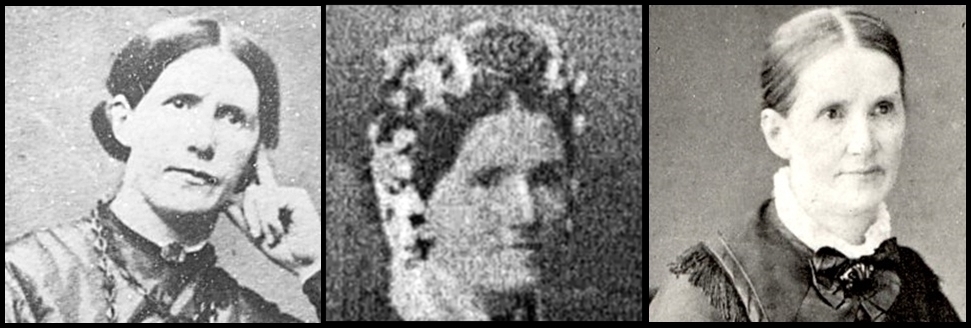
After the death of Branwell, then Emily and finally Anne Brontë within a one year period in 1848 and 1849, Charlotte was left devastated and alone. In the subsequent years Martha became more than a servant to her, she became a friend and a confidante. It was Martha who gave a parsonage visitor this touching recollection of Charlotte at this time:
‘For as long as I can remember Miss Brontë [Charlotte], Miss Emily and Miss Anne used to put away their sewing after prayers and walk all three one after the other round the table in the parlour till near eleven o’ clock. Miss Emily walked as long as she could, and when she died Miss Anne and Miss Brontë took it up – and now my heart aches to hear Miss Brontë walking, walking, on alone.’
Happy birthday Martha Brown!
Finally we come to the woman whose birthday was sandwiched between the two above: Charlotte Brontë herself who was born on the 21st April 1816 and who celebrated her 207th birthday this week. Incidentally it seems that Charlotte Brontë often forgot her own birthday, and that of her great friend Ellen a day earlier, as she gives her apology for this in a letter. Birthdays clearly didn’t mean a lot to Charlotte, as she famously had the age of Anne Brontë at her death engraved on Anne’s tombstone as 28 and in a Haworth church memorial as 27, when she had in fact been 29.
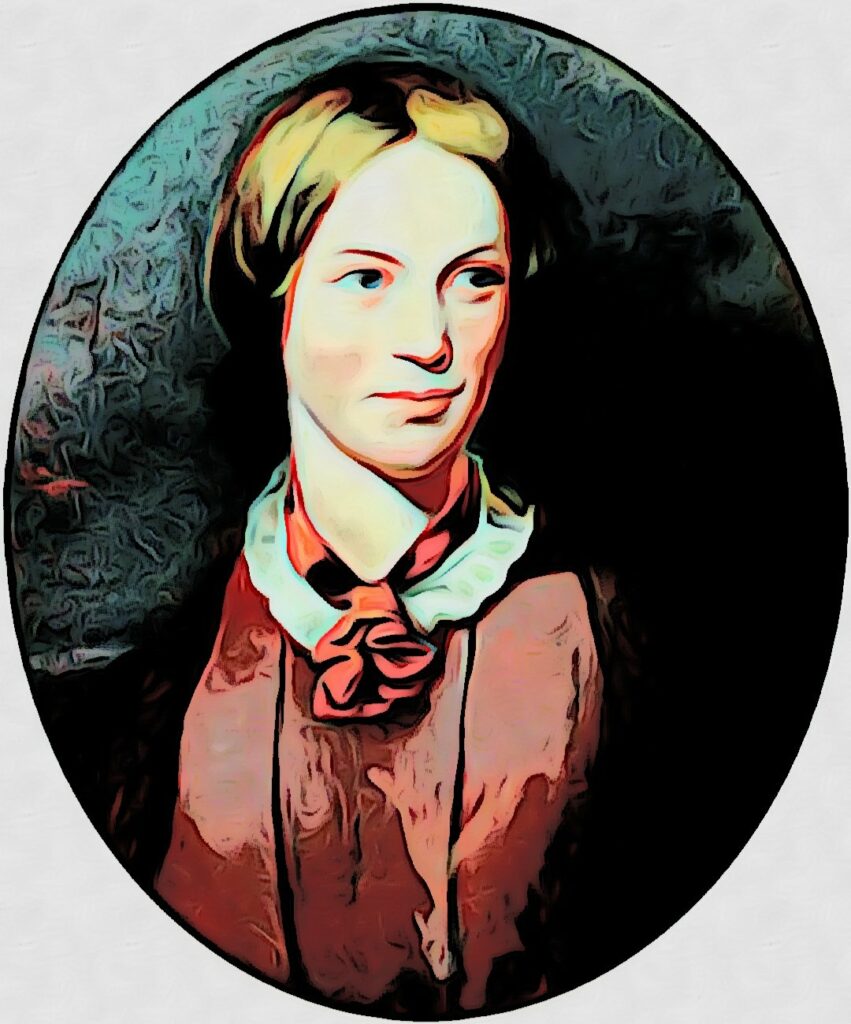
We have many accounts of Charlotte Brontë, of course, and we get a consistent picture of her physical appearance and of her mental prowess. She was consistently described as being very small and ‘frail’ is a word often used, but just as consistently people described the incredible eyes she possessed. We hear (from others and in her own letters) of the frequent doubts that beset her, and that she felt herself ugly, although her friend and biographer Elizabeth Gaskell said that Charlotte’s lowly opinion of her own looks was undeserved. We also hear constantly of what a great and unmistakable genius Charlotte Brontë was; she was (like her sisters) exceedingly shy and spoke little, but when she did speak she captivated all who heard her.
Out of the many accounts of Charlotte, I leave you with this one by the poet Richard Hengist Horne who was seated next to Charlotte at a dinner party given by publisher George Smith:
‘A fragile form is now before my minds eye as distinctly as it was in reality more than twenty years ago! The slender figure is seated by a fire in the drawing-room of Mr G. S., the publisher of a novel which had brought the authoress at one bound to the top of popular admiration. There has been a dinner-party, and all the literary men whom the lady had expressed a wish to meet, had been requested to respect the Publisher’s desire, and the lady’s desire that she should remain ‘unknown’ as to her public position. Nobody was to know that this was the authoress of ‘Jane Eyre’. She was simply Miss Brontë on a visit to the family of her host. The dinner-party went off as gaily as could be expected where several people are afraid of each other without knowing why, and Miss Brontë sat very modestly and rather on her guard, but quietly taking measure of les monstres de talent, who were talking and taking wine, and sometimes bantering each other. Once only she issued from her shell, with brightening looks, when somebody made a slightly disparaging remark concerning the Duke of Wellington, for whom Miss Brontë declared she had the highest admiration; and she appeared quite ready to do battle with one gentleman who smilingly suggested that perhaps it was “because the Duke was an Irishman.”
Now it should be premised that the writer of these papers had sent a presentation copy of a certain poem, addressed in complimentary, but very earnest terms, to ‘the Author of Jane Eyre,’ – the lady whose nom de plume was ‘Currer Bell’ and whose real name we are not to know. To this she had replied in a note, which concluded with these words:-
“How far the applause of critics has rewarded the author of ‘Orion’ I do not know; but I think the pleasure he enjoyed in its composition must have been a bounteous meed in itself. You could not, I imagine, have written that poem without at times deriving deep happiness from your work. With sincere thanks for the pleasure it has afforded me, I remain, dear Sir, Yours faithfully, C. Bell.”
On joining the ladies in the drawing-room, our host requested the writer to take a seat beside Miss Brontë. The moment he did so, she turned towards him with the most charming artlessness, exclaiming, “I was so much obliged to you, Mr Horne, for sending me your -.” She checked herself with an inward start, having thus at once exploded her Currer Bell secret, by identifying herself with the author of Jane Eyre. She looked embarrassed. “Ah, Miss Brontë,” whispered the innocent cause of the not very serious misfortune, “you would never do for treasons and stratagems.” She nodded acquiescently, but with a degree of vexation and self-reproach. Shortly after this, Mr S, overhearing some conversation between us, which showed that the secret was ‘out’, took an early opportunity of calling me aside, when he extended both hands with an et tu Brute look, and began to complain of my breach of the general understanding. I of course explained what the lady had said, at the naivete of which he was not a little astonished and amused.
A very gentle, brave, and noble spirited woman was Charlotte Brontë. Fragile of form, and tremulous as an aspen leaf, she had an energy of mind, and a heroism of character capable of real things in private life, as admirable as any of the fine delineations in her works of fiction.’
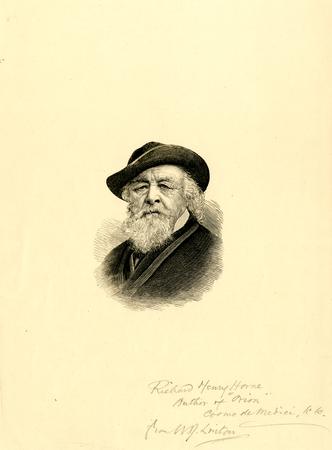
Happy birthday Charlotte Brontë, over two hundred years after your birth in Thornton, Bradford your writings are making the world a better, more enjoyable place, for millions of people right across the globe! I hope you can join me next week for another new Brontë blog post. Oh, and if you’re in the UK and reading this on Sunday 23rd April don’t be alarmed if you hear a loud noise at 3pm – it’s emergency alert testing day when all mobile phones will give an alert at that time. Nothing to worry about, and I’ll see you next Sunday!
